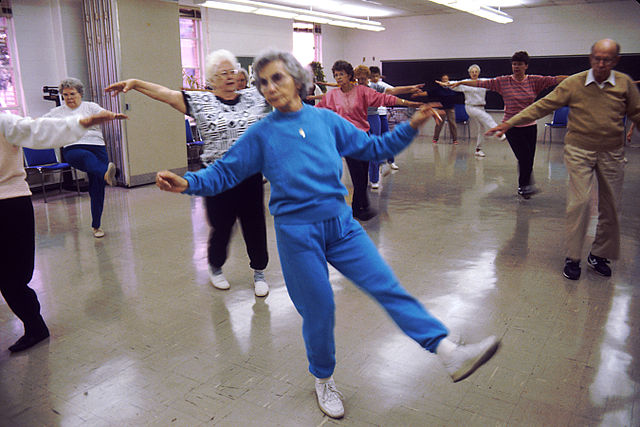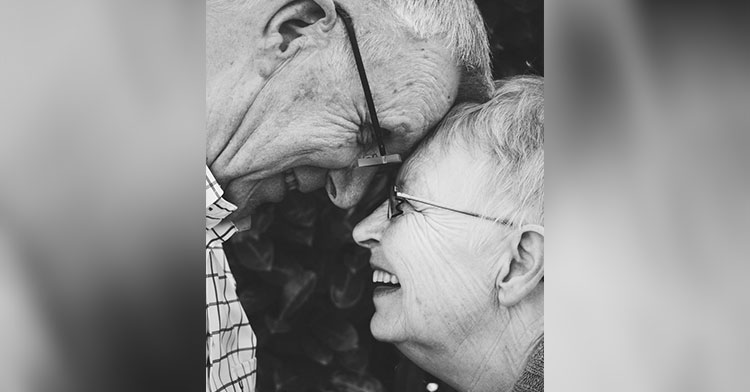Almost any story you read about someone who’s hit the big 1-0-0 includes the question, “What’s the secret to a long life?”Answers vary depending on cultural backgrounds and experiences, but what’s clear is that having good genes and leading a healthy lifestyle add years to your life.
Videos by InspireMore
But how much does diet and exercise, which are typically thought to have the biggest impact, really affect your life expectancy? Developmental psychologist Susan Pinker addressed the topic of longevity during a TED Talk last fall.

Wikimedia Commons
During her talk, Susan discussed the results of a longevity study conducted by a researcher at Brigham Young University. Participants were asked about every aspect of their lifestyles, from diet and exercise habits to whether they smoked and made regular visits to the doctor. The researchers then waited seven years before getting back in touch to ask some follow-up questions and collect additional data.
Surprisingly, the lifestyle factors that most people might assume would top the list of factors predicting a long life were closer to the bottom! “Whether you’re lean or overweight, you can stop worrying about it,” Susan says, pointing out that it’s third to last.

Wikimedia Commons
Exercise is also low on the list, “still only a moderate predictor.”
And believe it or not, but quitting smoking and drinking aren’t even in the top two predictors of a long, healthy life.
With that being said, though, all of those factors were nowhere near as important as the highest indicators of a long life expectancy – and they both had to do with your social life.

Flickr
Developing and nurturing close friendships came in as the second highest predictor of a long life expectancy. They’re important because those people are the ones who we can count on during times of stress. Just knowing that there’s someone to turn to during a crisis can make it easier to handle than if we had to go it alone, Susan explained.
“But also, let’s say we’re already in the throes of some kind of stressful event, our relationships can also help us cope with it and buffer that reaction to the stress,”she added.
Watch Susan’s remarkable Ted Talk below to find out the number one predictor, and help raise awareness by sharing with your loved ones today!
Want to be happier in just 5 minutes a day? Sign up for Morning Smile and join over 455,000+ people who start each day with good news.


